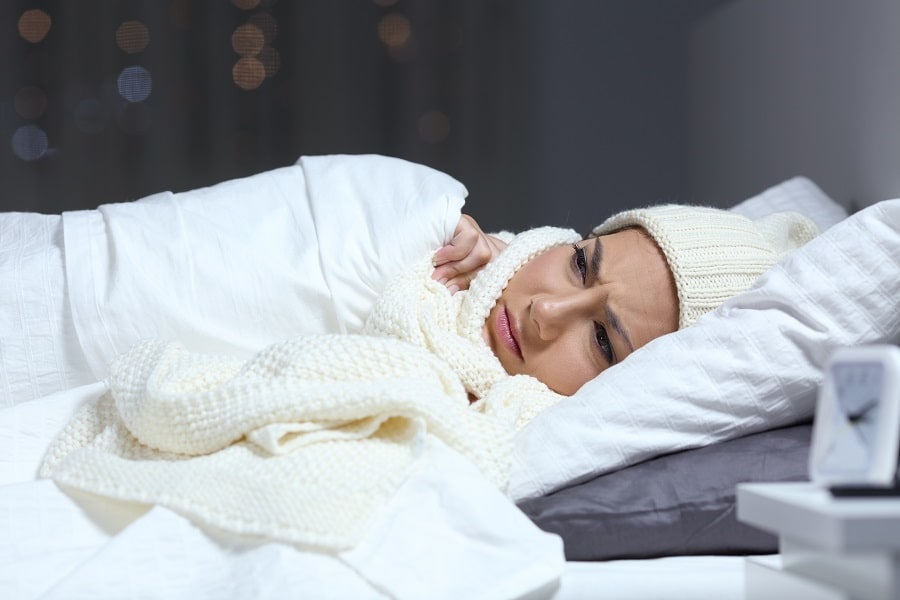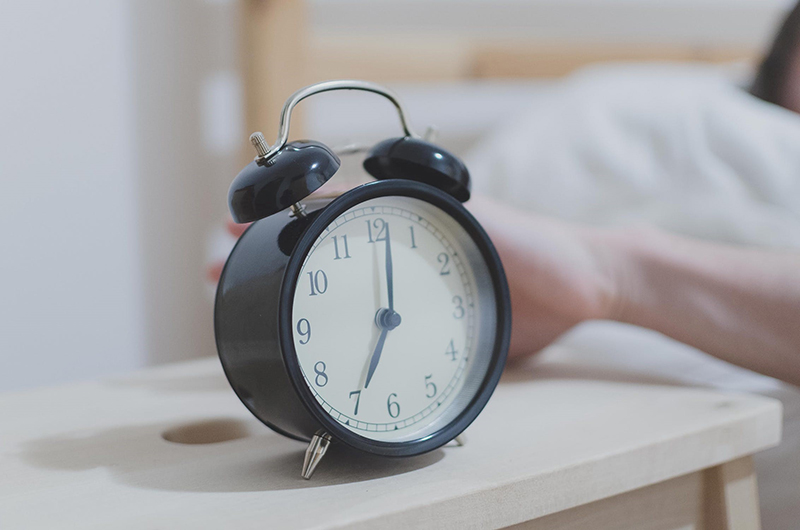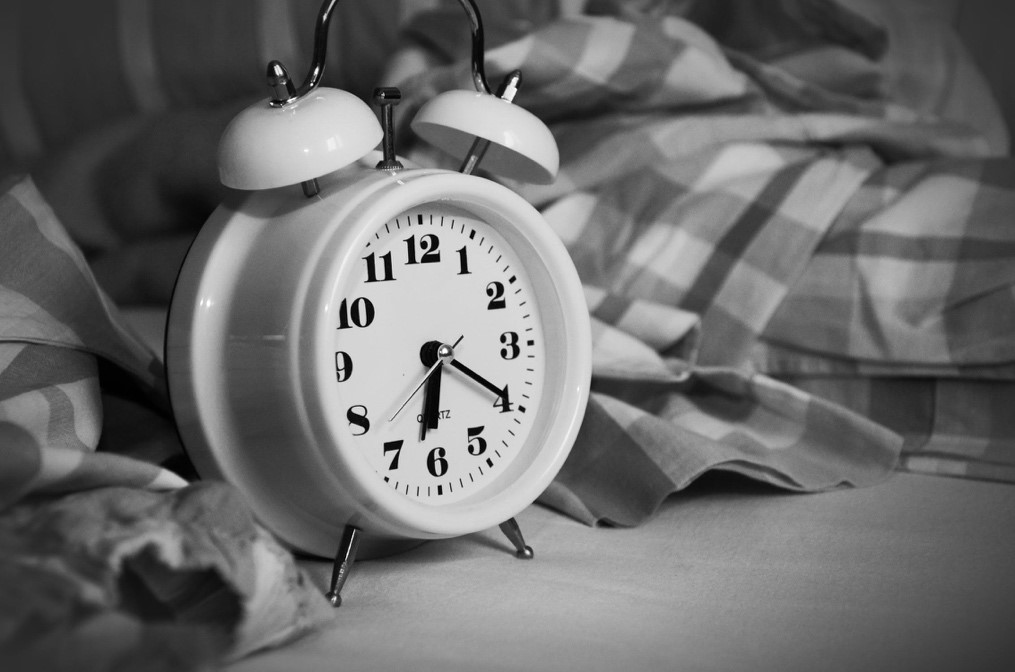Ah, technology… While it has simplified many aspects of our lives, it has complicated others. Getting a good night’s sleep is just one of the “others”. Many of us have become attached at the hip to our cell phones, computers, and tablets. These digital devices and other electronics such as televisions, video gaming systems, and alarm clocks have a profound effect on our sleep. Because of them, we have trouble getting to sleep and staying asleep.
A National Sleep Foundation study recently revealed that 95% of us use some sort of technological device within an hour of retiring for the night. Computers, tablets, televisions, and cell phones produce a blue light that causes a reduction in the production of melatonin, the hormone that is an important factor in the sleep/wake cycle. Playing video games or handling emails on the computer actually causes the body to tense, in turn causing the adrenal gland to produce the stress hormone, cortisol. While you are taking care of last minute details and activities before bedtime, your body is responding by doing everything it can to keep you awake.
Once you fall asleep, technology becomes a factor in whether or not you stay asleep. The light that is emitted from cable boxes and LED clocks keep the room from being completely dark. Cell phones that are not muted bring all sorts of noise-producing possibilities due to calls, alerts, and reminders. Once you are awakened, you may not have an easy time going back to sleep.
There are steps that can be taken to reduce or even eliminate technology’s hold on a good night’s sleep. Give yourself time to slow down before going to bed. Make it a rule to be technology-free for 15 to 30 minutes prior to bedtime. Mute the cell phone, and block any light that is produced by electronic devices such as clocks. While you’re at it, don’t forget the kids; they need a good night’s sleep, too.






